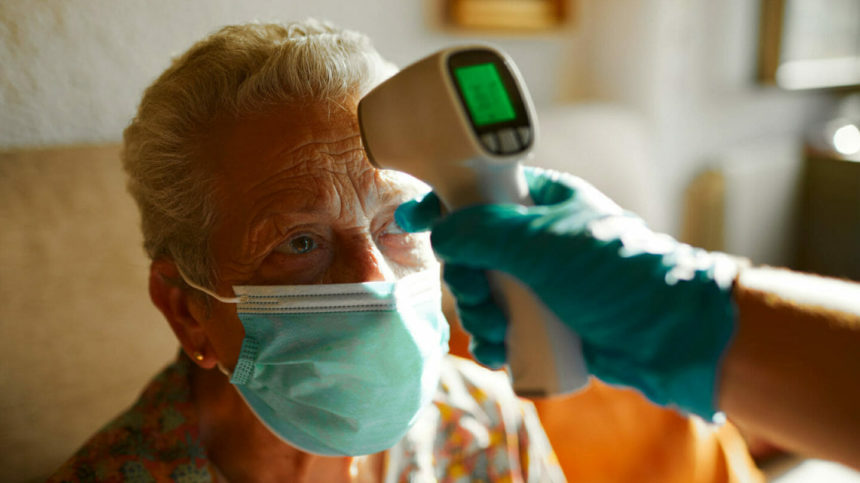
Federal officials have announced a new infection control initiative that includes $500 million to help states provide rapid assistance to long-term care facilities battling COVID-19 outbreaks, beginning in October.
The plan is part of a three-year, $2.1 billion investment of American Rescue Plan funds to improve infection prevention and control (IPC) activities across the U.S. public health and healthcare sectors. The Biden administration and Centers for Disease Control and Prevention made the announcement on Friday.
The soon-to-launch long-term care component will allow states and other U.S. jurisdictions to “staff, train and deploy” strike teams to help long-term care operations with known or suspected COVID-19 infections, the CDC said in a statement posted on its website.
“The strike teams will allow jurisdictions to provide surge capacity to facilities for clinical services; address staffing shortages at facilities; and strengthen IPC activities to prevent, detect and contain outbreaks, including support for COVID-19 vaccine boosters,” it said.
Katie Smith Sloan, president and CEO of LeadingAge, applauded the investment in staffing — a longstanding problem that has been exacerbated by the pandemic, she said.
“Frontline staff are weary from battling COVID for 18 months; the promise of fresh teams is both heartening and greatly needed to ensure the well-being of older adults,” Smith Sloan said in a statement released following the federal announcement. “Our members across the country look forward to working with their state leaders to ensure these funds directly address the staffing shortages they’re intended to address.”
Building resiliency
Another $385 million, also to be awarded in October, will go to state, local and territorial health departments to support five areas across multiple healthcare settings. These include assisting public health departments to improve care quality; improving laboratory capacity; IPC training through Project Firstline; data monitoring programs and antibiotic stewardship.
The pandemic era has brought an unprecedented urgency to IPC efforts — especially in vulnerable nursing home and hospital settings, CDC said. Recent data point to “substantial increases” in healthcare-associated infections.
“The data show an urgent need to strengthen infection prevention and control capacities and build healthcare resiliency to withstand future pandemics and maintain national prevention progress.”
Federal investment in IPC activities acknowledges the interdependence across the public health and healthcare sectors, added Smith Sloan, “and the support needed to ensure safety and well-being.”




